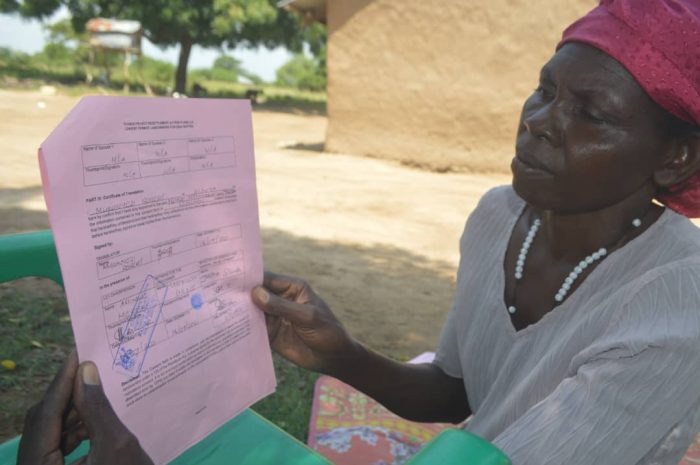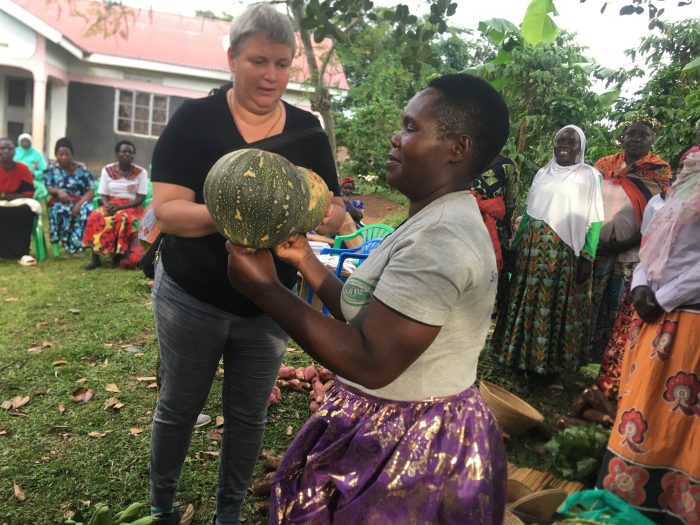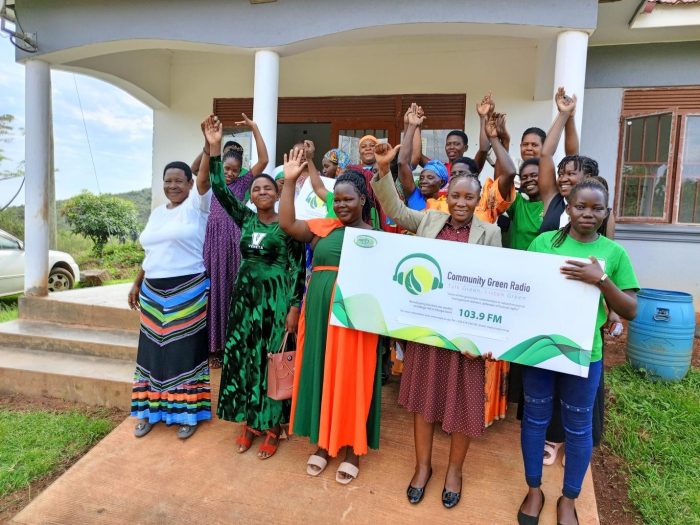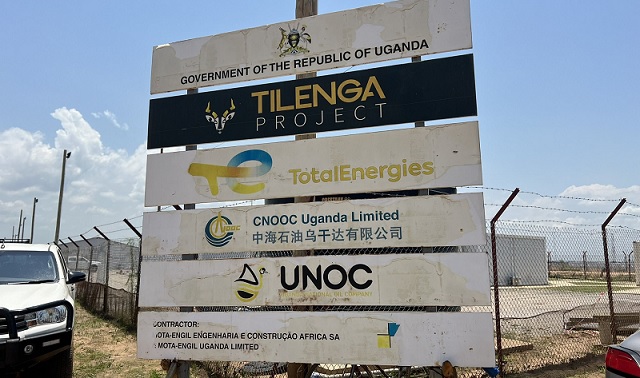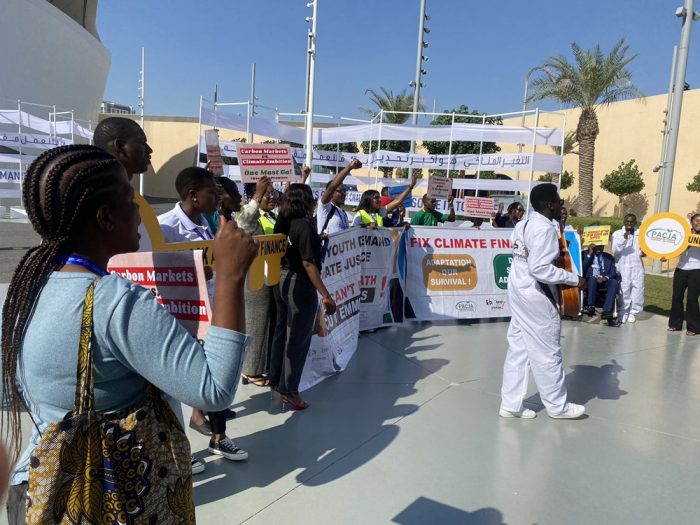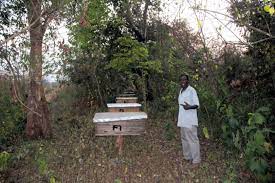
Some residents in Kyapoloni moved from farming to petty trade with the perception that with an oil refinery in the area, there would no farming. But community leaders like Rev. Fred Musimenta show that farming can be adapted to the developments.
The series of oil discoveries in what is known as the Albertine Graben, which is found in the Bunyoro region, have caused anxiety among communities leaving near the area with many anticipating to reap big while others are bothered over losing their properties to oil companies and government.
To many people, oil could mean more money in their pockets. It is wealth beyond their expectations in terms of employment, lower pump prices, good roads, health facilities and schools—and probably cash payouts from the government once the drilling of oil starts.
However, others are worried about being evicted from their ancestral land, losing their cultural sites as well as their way of life because the good prospects attract many people to the area to tap the benefits.
How to benefit
Communities around Kyapoloni village in Kiziramufumbi Sub-county, Hoima District, where an oil refinery is to be set up, are apprehensive about the effects of the project.
But a retired clergy man, Rev. Fred Musimenta, from Butimba, which is near Kyapoloni, is looking at how the communities can set income-generating activities to benefit from the establishment of an oil refinery as well as conserve the environment.
After government demarcated 29 square miles for the construction of the refinery, he embarked on planting indigenous tree species. He explains, “The refinery will come with its impacts on the environment that these trees will help to restore.”
Empower community
He conceived the idea during community sensitisation activities carried out by the National Association for Professional Environmentalists (Nape). The organisation helped them form groups—known as sustainability schools, provided tree seedlings and equipped them with the skills to care for plants.
“I have a commercial tree nursery and planted over five acres of indigenous tree species to earn from carbon trading,” Musimenta adds. He has also started beekeeping in the planted forest to earn from the honey and wax.
Mr Allan Kalangi, Manager, Nape Sustainability School, says they have set up various groups around Hoima region and empowered them with skills in environment conservation and protection of their land from land grabbers.
“It is a good initiative for community because all people need a clean environment and people can start these enterprises without funding and make them sustainable,” he said.
He says some people in the community have even planted fruit trees such as cocoa besides the ones for conservation education and sustainable development.
Evaluation exercise
Though individuals such as Rev Musimenta have mobilised people in the communities to plant trees, there are those crying foul over the project.
In a petition to Ministry of Energy and Mineral Resources, which was signed by 203 residents, concerns were raised over what they called irregularities in the just concluded evaluation exercise.
“The company hired to carry out the evaluation exercise coerced people to ask for money threatening them that resettlement would take them to Karamoja and ended up asking for money because of pressure,” the petition reads in part.
The residents argue that the elderly and persons with disabilities may fail to get an appropriate replacement for their lost land yet they earn from their land. “We can no longer do anything productive on the land because they first promised to compensate us in October last year and are now promising to compensate us in March though there are no signs of when we are receiving our money,” the petition adds.

